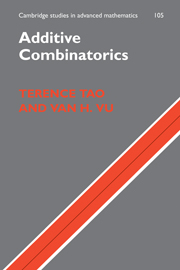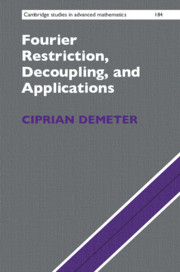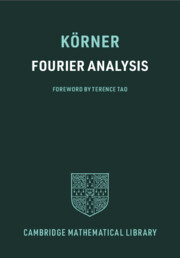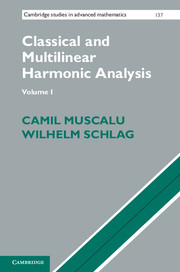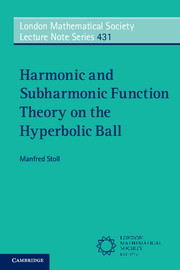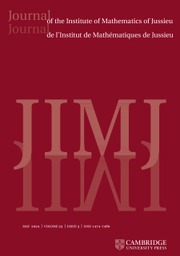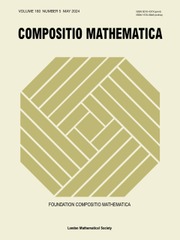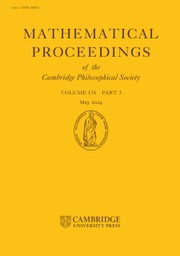Additive Combinatorics
Additive combinatorics is the theory of counting additive structures in sets. This theory has seen exciting developments and dramatic changes in direction in recent years thanks to its connections with areas such as number theory, ergodic theory and graph theory. This graduate-level 2006 text will allow students and researchers easy entry into this fascinating field. Here, the authors bring together in a self-contained and systematic manner the many different tools and ideas that are used in the modern theory, presenting them in an accessible, coherent, and intuitively clear manner, and providing immediate applications to problems in additive combinatorics. The power of these tools is well demonstrated in the presentation of recent advances such as Szemerédi's theorem on arithmetic progressions, the Kakeya conjecture and Erdos distance problems, and the developing field of sum-product estimates. The text is supplemented by a large number of exercises and new results.
- Graduate level text, now available in paperback, featuring a large number of exercises
- The authors bring together the many different tools and ideas that are used in the modern theory of additive combinatorics
- First author is a Fields Medallist
Reviews & endorsements
"... a vital contribution to the literature, and it has already become required reading for a new generation of students as well as for experts in adjacent areas looking to learn about additive combinatorics. This was very much a book that needed to be written at the time it was, and the authors are to be highly commended for having done so in such an effective way. I have three copies myself: one at home, one in the office, and a spare in case either of those should become damaged."
Bulletin of the AMS
Product details
December 2009Paperback
9780521136563
532 pages
229 × 152 × 30 mm
0.75kg
640 exercises
Available
Table of Contents
- Prologue
- 1. The probabilistic method
- 2. Sum set estimates
- 3. Additive geometry
- 4. Fourier-analytic methods
- 5. Inverse sum set theorems
- 6. Graph-theoretic methods
- 7. The Littlewood–Offord problem
- 8. Incidence geometry
- 9. Algebraic methods
- 10. Szemerédi's theorem for k = 3
- 11. Szemerédi's theorem for k > 3
- 12. Long arithmetic progressions in sum sets
- Bibliography
- Index.

